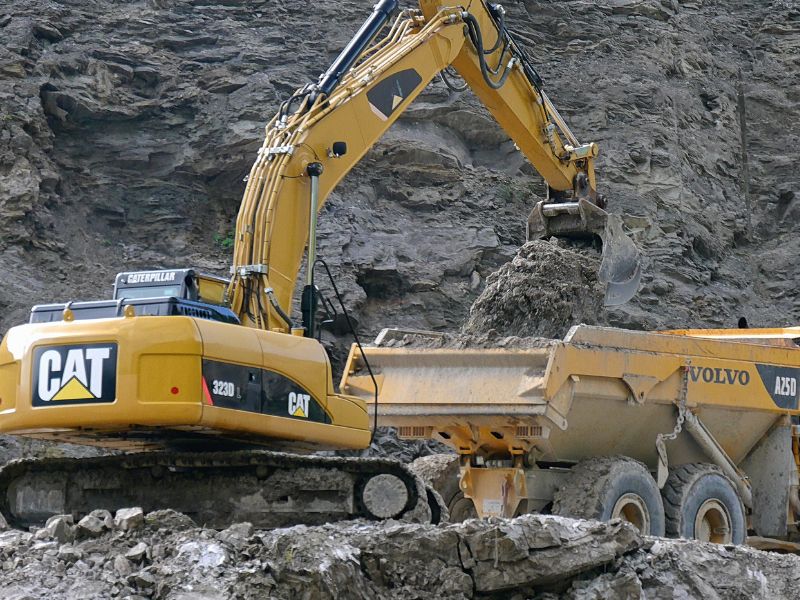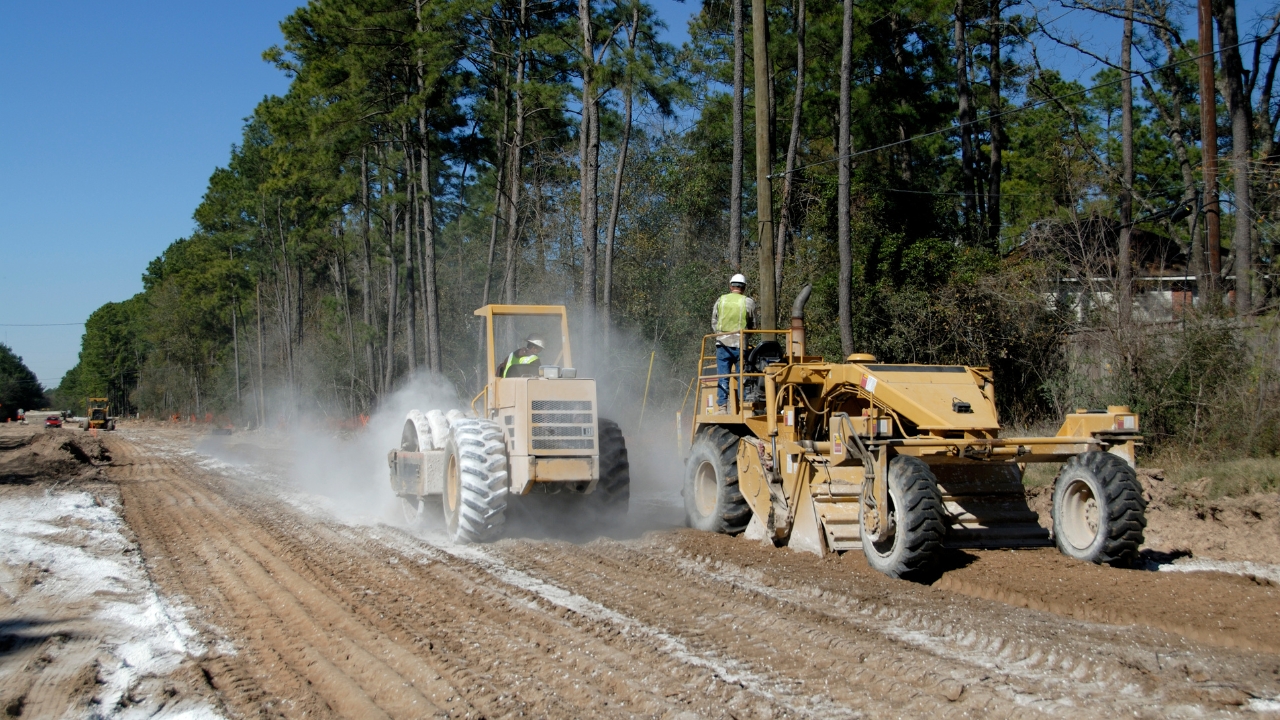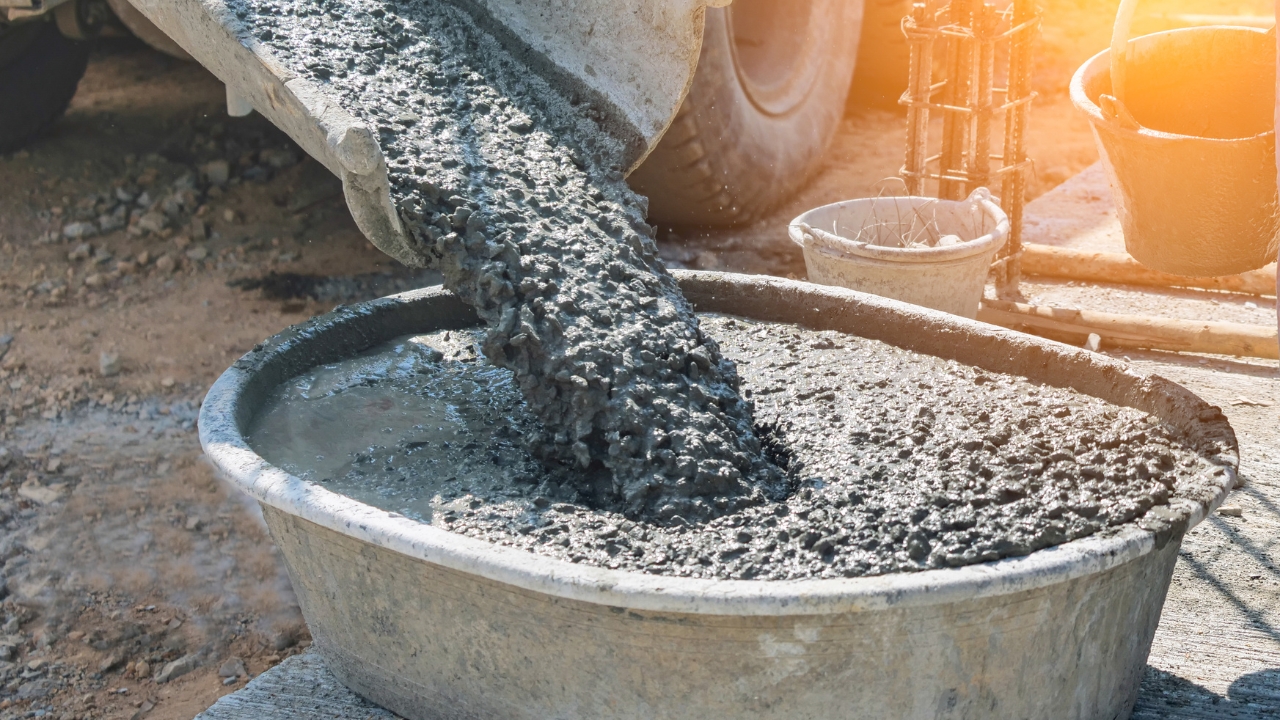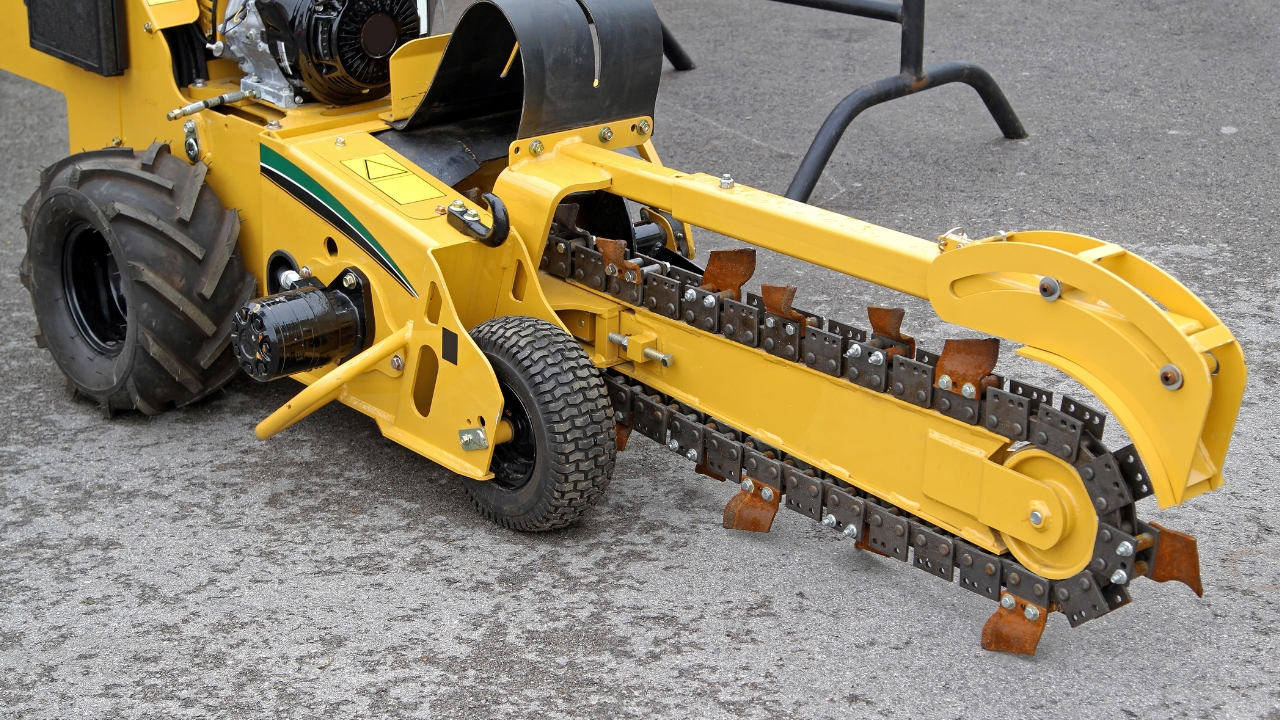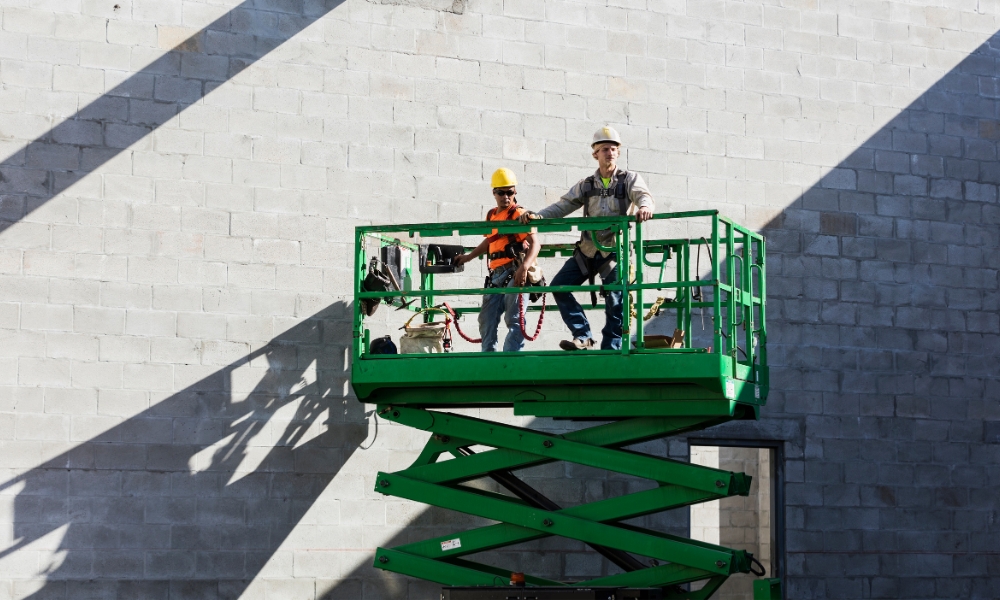As with the variety of excavators that exist for different construction projects and specific tasks, there are also a variety of attachments available for wheeled and tracked excavators, so they may also be used for specific tasks that require special equipment but don’t require an entire vehicle dedicated to them. Below is a list of all the attachments that an excavator uses and what specific job they are used for and how they complete the job.
Bucket
The most common attachment, these steel bodies and teeth-like edges make them ideal for digging and scooping, they are mainly attached to the end of the excavator’s arm. The most common type of bucket is the one used for grading stones and digging trenches, though a bucket used for grading stones has no teeth and is much smaller compared to a bucket used for digging.
Auger
An Auger is a mechanical drill consisting of a rotating shaft with a blade at the end, mainly used to drill into the ground. Powered by hydraulic circuits, they are fast and efficient at digging deep holes. Augers range in size between 4 inches to 50 inches in length and can dig up to 32 feet. Two types of Auger have used the Jennings screw or the Irwin screw, though the only difference between the two is their size and mechanical positioning, as well as what date they were used.
Breaker
A breaker is an extremely powerful percussion hammer attached to the end of the excavator’s arm used for demolishing hard rocks/stones or destroying brick/concrete buildings. A breaker is essentially a larger jackhammer, and demolition crews employ the hoe ram for jobs too large for jackhammering or areas where blasting is not possible due to safety or environmental issues.
Coupler
A coupler, unlike the attachments specified above, is a mechanical part used with construction machines to allow the rapid change of buckets and attachments on the machine. They remove the need to use hammers to manually drive out and insert the mounting pins for attachments. If a job requires frequent attachment changes, a coupler can help to save time, money and manpower.
If you think construction is the career for you then contact Construction and Plant Training Service at 01234 604151 or 0777 18 12 418. We have many courses available for the career path you wish to take


